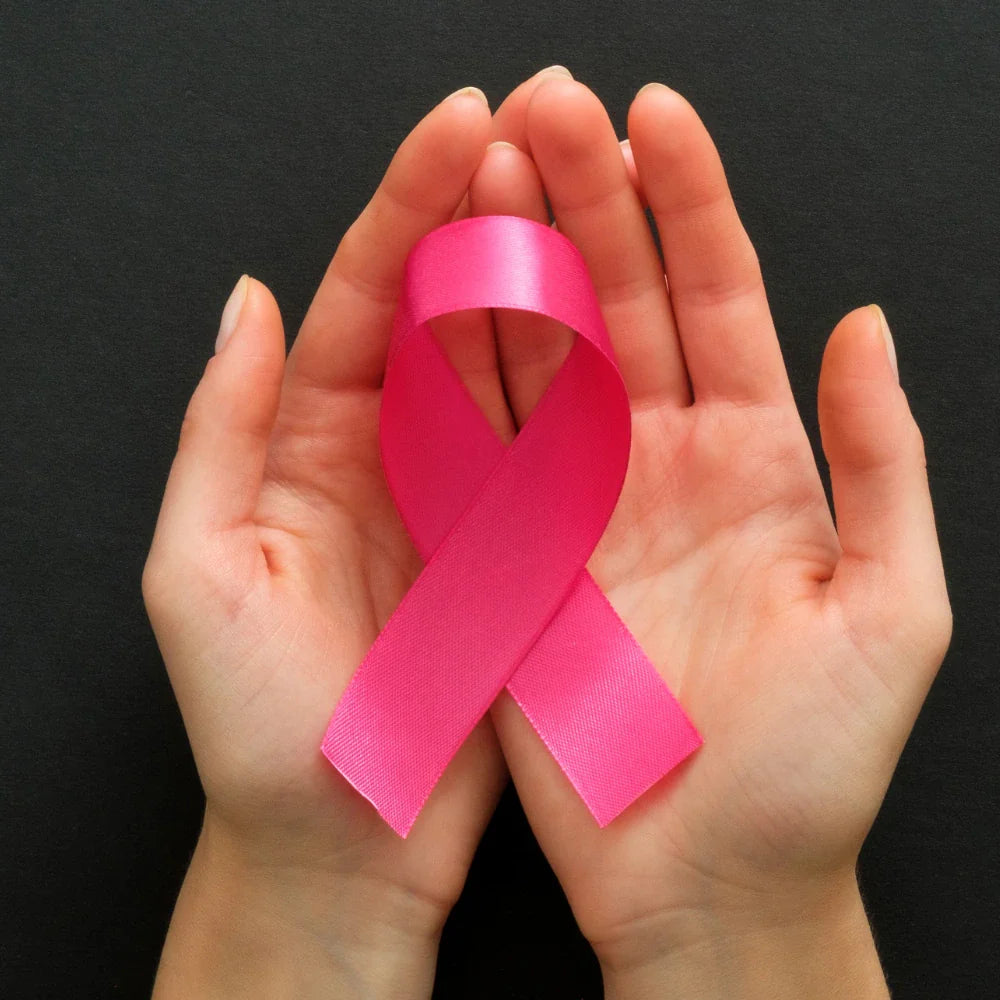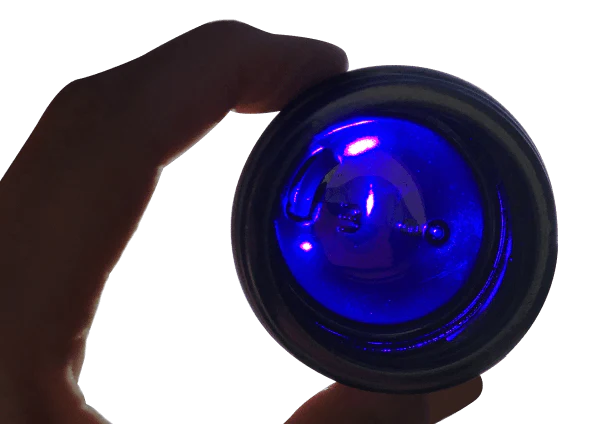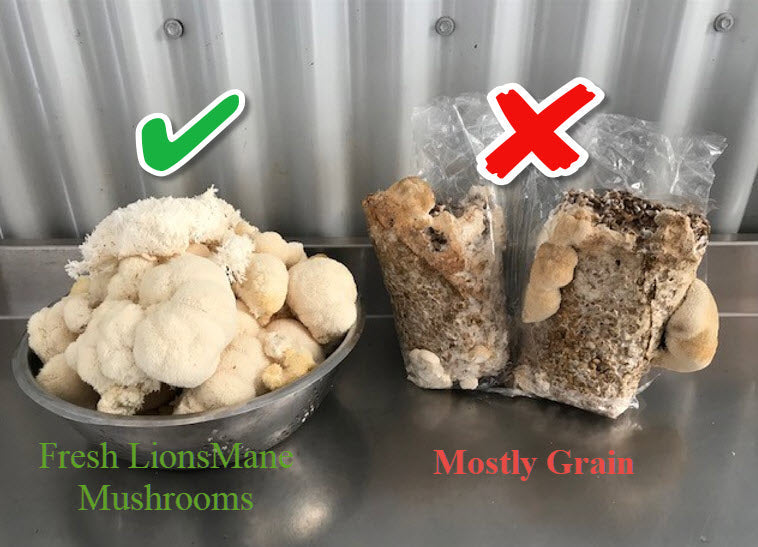
Mushrooms and Oncology
IMPORTANT - Before delving into the profound relationship between Medicinal Mushrooms and Oncology in our upcoming blog, we want to emphasise the critical importance of collaboration with your healthcare professionals. While Medicinal Mushrooms have shown promising potential as adjunct therapies in the realm of oncology, it is imperative to approach their integration into your healthcare journey with guidance from qualified medical professionals. Our blog aims to shed a sliver of light onto the evolving landscape of Medicinal Mushrooms as a complementary aspect of cancer care, emphasising the significance of an informed and collaborative approach to ensure the best possible outcomes for your health. Remember, your healthcare team is your primary ally in navigating the intricate path of wellness, and we encourage open communication and cooperation for a comprehensive and well-informed healthcare strategy.
Elevating quality of life: The synergy of ‘Medicinal Mushrooms’ and ‘Oncology’
Integrative oncology and coadjuvant oncology are emerging as pivotal components in the holistic management of diverse cancer types. Recognising the intricate nature of cancerous conditions, a personalised treatment strategy has become indispensable for optimal patient response. Precision and Personalised Medicine (PPM) in cancer treatment empower clinicians with enhanced predictive capabilities for diverse therapeutic interventions tailored to each patient. The adoption of a "PPM" approach necessitates a comprehensive exploration of natural options, reflecting a more holistic perspective.
In the realm of integrative oncology, medicinal mushrooms have emerged as a compelling adjunct to conventional treatment plans. These mushrooms harbor a spectrum of bioactive compounds and nutrients that fortify the immune system, foster homeostasis, and promote healing. Noteworthy is the fact that medicinal mushrooms present a distinctive advantage with minimal potential side effects, contributing to a high tolerance level among patients and a low risk of adverse interactions with concurrent medications.
Historically, medicinal mushrooms have been integral to traditional remedies for various ailments, including cancer. Beta-glucans, found abundantly in mushrooms, have gained approval as adjunctive therapies for cancer treatment in certain regions. For instance, Reishi mushroom (Ganoderma Lucidum) has demonstrated efficacy in combatting inflammatory breast cancer. Its capacity to inhibit protein synthesis and tumor growth showcases its potential as a formidable tool in cancer treatment. Furthermore, Reishi mushrooms exhibit immunomodulating properties, crucial for sustaining immune system functionality during cancer therapy.
Chaga mushroom (Inonotus obliquus) has exhibited inhibitory effects on the growth of cancer cells in lung carcinoma, breast adenocarcinoma MCF-7 cells, and cervical adenocarcinoma. Beyond its anti-cancer properties, Chaga mushrooms contribute to combating oxidative stress, thereby enhancing overall bodily health and resilience. The Turkey Tail (Coriolus Versicolor) mushroom, known for its abundance of Polysaccharide-K (PSK), stimulates the immune system and has showcased significant improvement in the 5-year disease-free rating for gastric cancer survivors.
The nutritional richness and bioactive compounds in medicinal mushrooms not only strengthen the immune system but also positively impact the balance of the gut microbiota. Given that the gut microbiota plays a pivotal role in influencing immune system performance, this synergy, combined with the anti-inflammatory and antioxidant effects of mushrooms, enhances the efficacy of traditional cancer treatments. In the evolving landscape of mycological therapies, medicinal mushrooms stand out as a promising avenue for augmenting the comprehensive care provided to cancer patients.

Utilising 'medicinal mushrooms' in the context of 'Integrative oncology'
In the realm of coadjacent integrative oncology, medicinal mushrooms emerge as a secure and beneficial adjunct to various oncological treatment modalities. Beyond addressing common nutritional deficiencies associated with cancer treatments, these fungi showcase immunomodulation capabilities that mitigate the risk of opportunistic infections and minimise treatment-related side effects. Recent mycological studies emphasise the profound impact of medicinal mushrooms on not only enhancing the efficacy of chemotherapy, radiotherapy, and immunotherapy but also alleviating pain and mitigating side effects such as fatigue and loss of appetite, thereby contributing significantly to the overall well-being of patients.
Noteworthy is the Cochrane review, a benchmark for stringent scientific evaluations, which underscores the positive outcomes of incorporating Reishi (Ganoderma lucidum) extract into conventional oncological treatments. As biological response modifiers, medicinal mushrooms play a pivotal role in disrupting cancer pathways, fostering healthy cellular replication, and eliminating malignant cells. Beyond cancer progression control and recurrence risk reduction, medicinal mushrooms significantly enhance the quality of life for patients by addressing a spectrum of issues, including inflammation, disrupted apoptosis, stress, sleep disorders, nausea, leukopenia, low energy, skin lesions, neuropathy, and hepatotoxicity.

In the pursuit of safe and effective treatments, medicinal mushroom supplementation stands out as a reliable approach within the landscape of integrative oncology. A judicious blend of high-quality medicinal mushrooms not only improves the nutritional status of patients but also provides essential immune support crucial for combatting cancerous cells. Importantly, these supplements, when formulated correctly, bypass the common CYP450 metabolism pathway associated with most drugs, ensuring a safe coexistence with conventional treatments. Practitioners are advised to opt for brands that rigorously test the safety of medicinal mushrooms at this metabolic level, thereby enabling their supervised use to bolster biological responses, maintain cellular microenvironments, and enhance the overall efficacy of conventional oncological treatments.
National Cancer Institute is increasingly acknowledging the potential benefits of adjunct therapy
As the landscape of cancer care evolves, it's noteworthy that the National Cancer Institute is increasingly acknowledging the potential benefits of adjunct therapy involving certain medicinal mushrooms. This recognition is reinforced by the availability of comprehensive information on both patient and health practitioner perspectives, accessible through the National Cancer Institute's dedicated portals:
Mushrooms - NCI (cancer.gov) PATIENTS
Complementary and Alternative Medicine (CAM) for Health Professionals - NCI (cancer.gov) HEALTH CARE PROFESSIONAL
These resources offer valuable insights into the role of medicinal mushrooms in cancer care, fostering a collaborative and informed approach to holistic well-being.
FURTHER INFORMATION
-
Immunomodulatory effect of mushrooms and their bioactive compounds in cancer: A comprehensive review from Biomedicine & Pharmacotherap

Disclaimer: The information or products mentioned in this article are provided as information resources only and are not to be used or relied on to diagnose, treat, cure, or prevent any disease. This information does not create any patient-doctor relationship and should not be used as a substitute for professional diagnosis and treatment. The information is intended for health care professionals only. The statements made in this article have not been evaluated by the Therapeutic Goods Administration (TGA). Any products mentioned are not intended to diagnose, treat, cure, or prevent any disease. The information in this article is intended for educational purposes. The information is not intended to replace medical advice offered by licensed medical / integrative medicine physicians, traditional Chinese medicine, or naturopathic practitioners. Please consult your preferred health practitioner for any medical advice.
Blog posts

Elevating quality of life: The synergy of ‘Medicinal Mushrooms’ and ‘Oncology’ Integrative oncology and coadjuvant oncology are emerging as pivotal components in the holistic management of diverse ...

Elevating quality of life: The synergy of ‘Medicinal Mushrooms’ and ‘Oncology’ Integrative oncology and coadjuvant oncology are emerging as pivotal components in the holistic management of diverse ...

Elevating quality of life: The synergy of ‘Medicinal Mushrooms’ and ‘Oncology’ Integrative oncology and coadjuvant oncology are emerging as pivotal components in the holistic management of diverse ...



